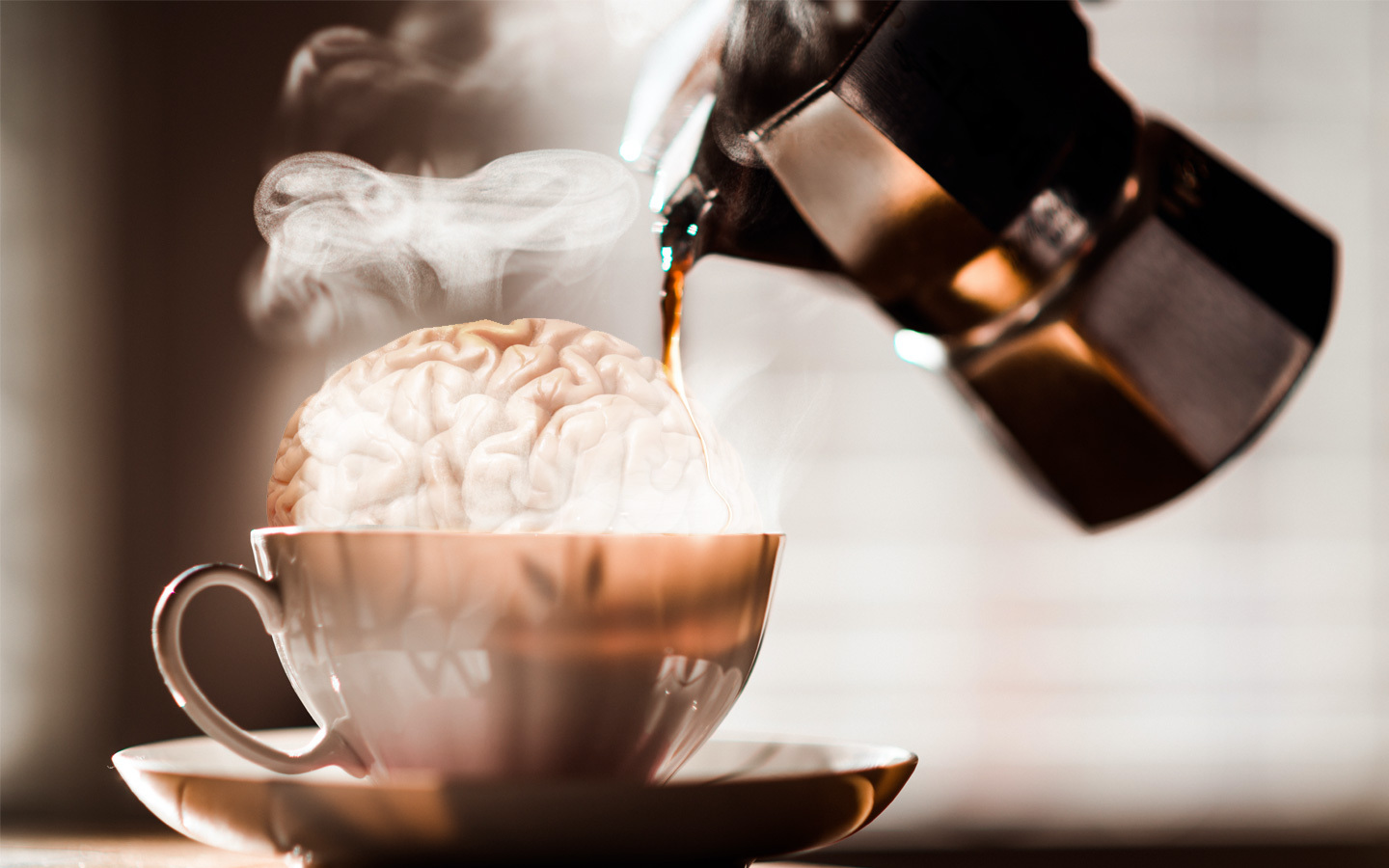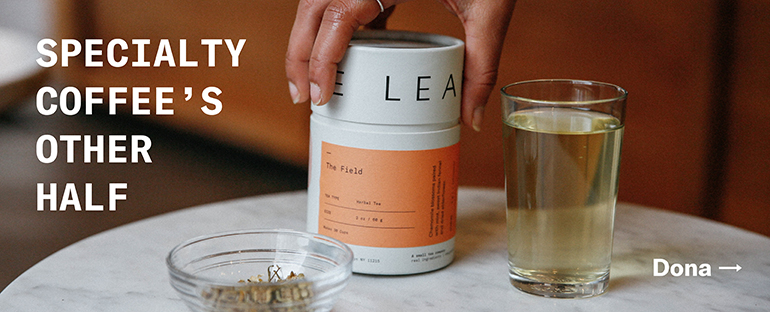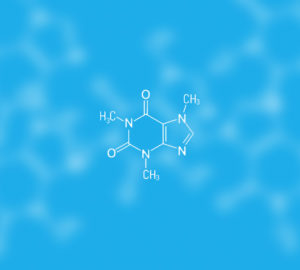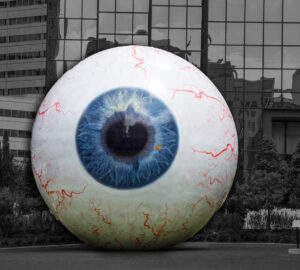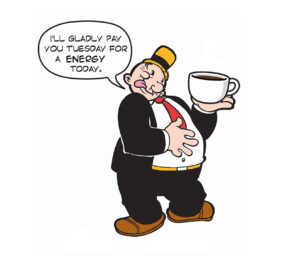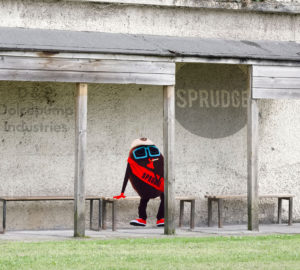We have reported on coffee’s many, many positive effects on the brain over the past few years here at Sprudge. From increased alertness and better motor control to protection against diseases like Parkinson’s, science has consistently found that consuming coffee has a near-unanimously positive effect on your thinking organ. (We don’t need to get into how coffee makes your brain smaller.) And there is still more good news in the horizon for the coffee-as-brain-food contingent, as a new study finds a link between coffee consumption and a decreased risk of Alzheimer’s disease.
The connection between coffee and Alzheimer’s isn’t exactly new either. Prior studies have found coffee to promote cognitive resilience—which includes protection against the disease—as well as one paper showing dark roast specifically to be particularly preventative. This new, long-term study sought to explore any direct relationships between coffee consumption and Alzheimer’s.
Performed as part of the Australian Imaging, Biomarkers, and Lifestyle Study on aging, researchers from Edith Cowan University followed over 200 participants for more than a decade to see how coffee affects cognitive decline over the years. Per SciTech Daily, they found not just a link between coffee a decreased risk of the disease, but “association between coffee and several important markers related to Alzheimer’s.”
According to Dr. Samantha Gardener, the study’s lead researcher, “participants with no memory impairments and with higher coffee consumption at the start of the study had lower risk of transitioning to mild cognitive impairment—which often precedes Alzheimer’s disease—or developing Alzheimer’s disease over the course of the study.” Greater coffee consumption was also linked with slowing the build-up of amyloid proteins in the brain, “a key factor in the development of Alzheimer’s disease.” And in general, coffee had positive effects on aspects of cognitive function, most notably executive function, including “planning, self-control, and attention.”
And these effects can’t be chalked up to caffeine alone. While caffeine has been linked with brain health, this particular study wasn’t able to find any difference in the benefits from consuming caffeinated and decaf coffees (nor how it was prepared).
While more research needs to be done to establish causal links between coffee consumption and decreased risk of Alzheimer’s the evidence continues to mount in favor of it being a cuppa brain food. So sure, coffee may give you the smaller brain, but it’ll be more densely packed with health.
Zac Cadwalader is the managing editor at Sprudge Media Network and a staff writer based in Dallas. Read more Zac Cadwalader on Sprudge.








